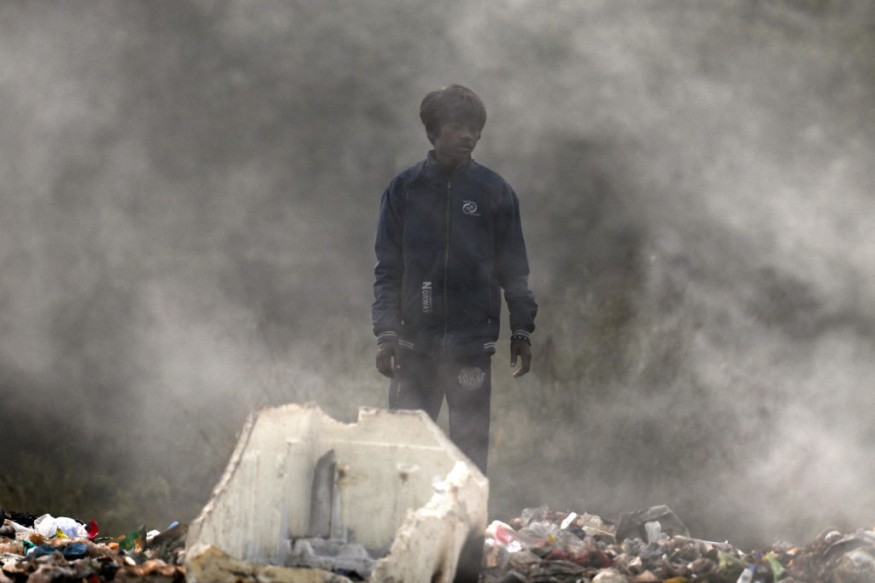
Pollution control measures in Delhi and nearby regions have been eased following an improvement in air quality.
The Commission for Air Quality Management (CAQM) announced the removal of Stage 4 and Stage 3 restrictions under the Graded Response Action Plan (GRAP), replacing them with lighter restrictions from Stages 2 and 1. This decision comes as the Air Quality Index (AQI) in the National Capital Region (NCR) has remained below 300 since November 30.
Supreme Court Allows Eased Pollution Curbs, Stresses AQI Monitoring
The Supreme Court approved the relaxation after noting the steady improvement in air quality.
However, it emphasized the need for caution, directing the CAQM to reimpose Stage 3 or Stage 4 restrictions if the AQI climbs to 350 or 400, respectively.
According to NDTV, these measures are part of GRAP, a set of steps designed to tackle air pollution based on its severity.
GRAP includes different levels of restrictions, activated according to the AQI:
- Stage 1 (Moderate to Poor AQI): Rules focus on reducing waste burning and vehicular emissions.
- Stage 2 (Very Poor AQI): Prohibits coal and firewood use in eateries and restricts non-essential diesel generator operations.
- Stage 3 (Severe AQI): Bans construction, demolition, and non-essential industrial activities.
- Stage 4 (Severe+ AQI): Halts movement of non-essential diesel vehicles and other high-pollution activities.
Delhi Air Quality Improves, GRAP Stage 4 Curbs Lifted
Delhi's air quality worsened in late October, entering the "very poor" category and peaking above 400 ("severe") in mid-November. These hazardous conditions led to the enforcement of stringent GRAP Stage 4 measures.
However, strong winds in December brought much-needed relief, improving the AQI to a "moderate" 161 on Thursday, Mint reported.
The relaxed measures mean construction and demolition activities can now resume, while restrictions on coal use and diesel generators under Stage 2 remain in place.
Industries and transport systems affected by earlier curbs are expected to benefit from this change.
The Supreme Court criticized the Delhi government for delays in paying allowances to construction workers affected by the restrictions. The government was ordered to release pending payments immediately and ensure unregistered workers are included in future relief programs.
While the easing of restrictions brings relief, experts warn that pollution levels could rise again.
Authorities are prepared to tighten measures if necessary, ensuring that air quality does not slip back into dangerous levels. Residents and policymakers alike are reminded of the importance of ongoing efforts to combat pollution in one of the world's most affected regions.
© 2025 NatureWorldNews.com All rights reserved. Do not reproduce without permission.






